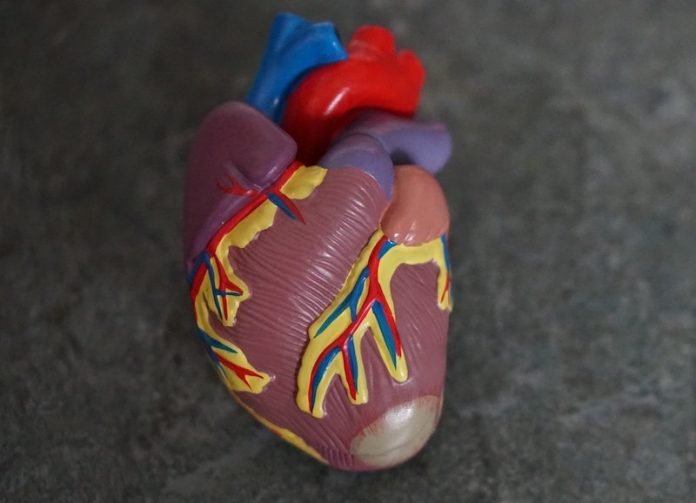
In a new study, researchers found an important cause of congenital heart disease.
They discovered that certain loss of functions in the PLD1 (Phospholipase D1) gene causes congenital right-sided cardiac valve defects.
The research was conducted by a team at Stony Brook University.
Congenital heart disease is the most common type of birth defect, accounting for one-third of all congenital anomalies with a worldwide occurrence of seven per thousand births.
The majority of these defects include abnormalities of valve formation. Right-sided congenital heart disease includes abnormalities of the pulmonary and tricuspid valves.
More than 25 years ago, the team cloned the PLD1 gene and has since studied its physiological role, as well as the potential for developing drugs that inhibit PLD1 activity to treat thrombotic disorders and cancer.
In the current study, the team found that loss of PLD1 function in a recessive manner results in congenital heart defects.
They explained that congenital heart disease caused by loss of PLD1 function generally leads to the misdevelopment of the cardiac valves on the right side of the heart and sometimes the right ventricle.
This improper development of the heart sometimes prevents live birth, and in most other cases thus far, the newborns would not survive without surgery or drug management.
The research on PLD1 and mutations related to congenital heart disease included 56 scientists worldwide.
The team used gene sequencing in 2,718 congenital heart disease cases to identify 30 patients from 21 unrelated families with altered PLD1 genes.
They also demonstrated that PLD1 inhibition decreases a pivotal early step in embryonic development of the heart valves at around the seventh week of pregnancy.
Overall, the study provides an increased understanding of disease mechanisms and phenotypic expression linked to PLD1 loss of function, in particular in regard to congenital heart disease.
One author of the study is Michael Frohman, MD, Ph.D.
The study is published in the Journal of Clinical Investigation.
Copyright © 2021 Knowridge Science Report. All rights reserved.



